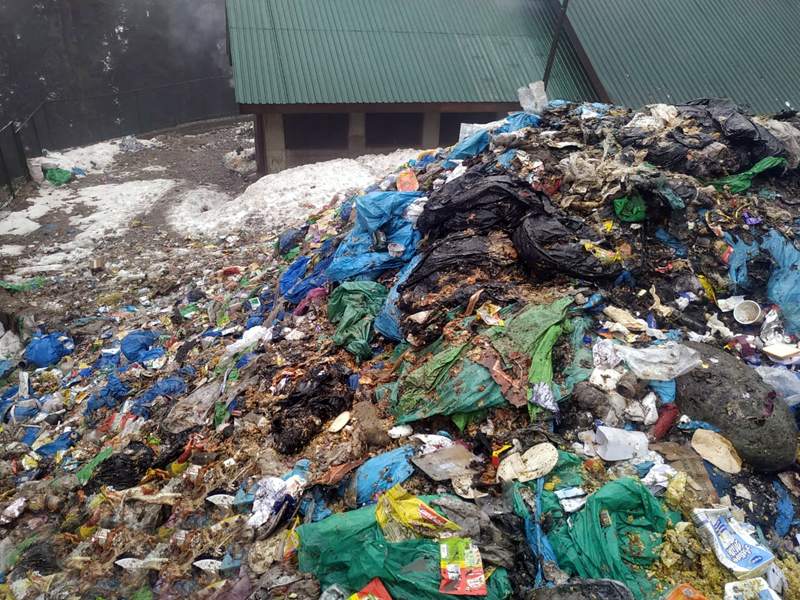The Jammu and Kashmir administration has taken a significant step towards addressing the waste crisis in the region by initiating the construction of approximately 10 waste treatment plants. These plants are being built as part of the Swachh Bharat Mission, to scientifically dispose of waste and reduce the environmental impact. In recent months, nine solid waste management facilities were inaugurated by the Lieutenant Governor, constructed in various Urban Local Bodies (ULBs) with a daily waste processing capacity of 40 metric tonnes each. When completed, these treatment facilities will be sufficient to dispose of around 450 metric tonnes of waste per day until 2030.
The absence of such facilities has made waste management challenging and has had a negative impact on the environment. These waste treatment plants hold significant importance in light of directives from the National Green Tribunal (NGT). Time and again, the NGT has been inflicting heavy penalties on various local bodies in Jammu and Kashmir for polluting rivers, groundwater, and other environmental hazards. Preserving various lakes and water bodies in Kashmir has been a challenge in recent times due to dumping of solid waste and sewage. The NGT has consistently emphasised the need for proper waste management to prevent pollution, protect public health, and safeguard the environment through the adoption of scientific waste treatment methods, including waste segregation, recycling, and safe disposal. The directives not only focus on waste treatment but also stress the importance of waste reduction, reuse, and recycling. By incorporating Material Recovery Facilities (MRFs) and compost pits in these waste treatment plants, the Government is now promoting sustainable waste management practices in line with the recommendations.
The implementation of door-to-door waste collection systems and segregation at the source demonstrate local authorities’ commitment to achieving effective waste segregation and recycling. Overall, the construction of these waste treatment plants represents a significant step towards sustainable waste management in Jammu and Kashmir. It showcases the Government’s dedication to environmental protection, fulfilling the requirements set forth for Swachh Jammu and Kashmir.
Trending Now
E-Paper


